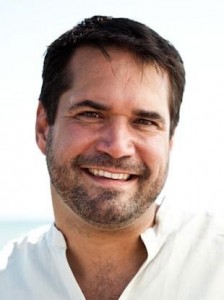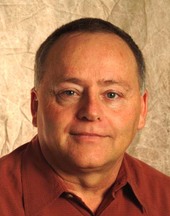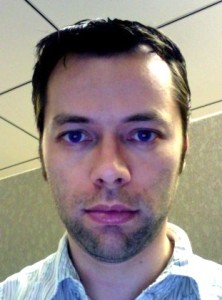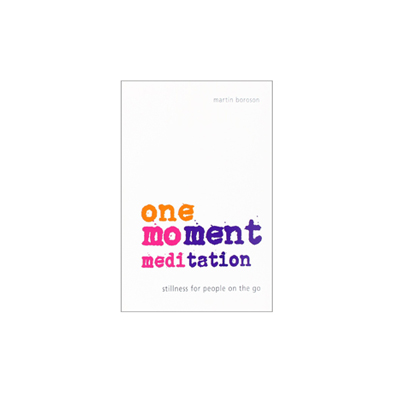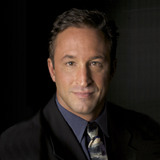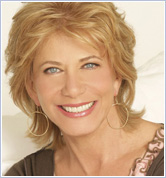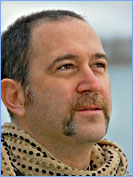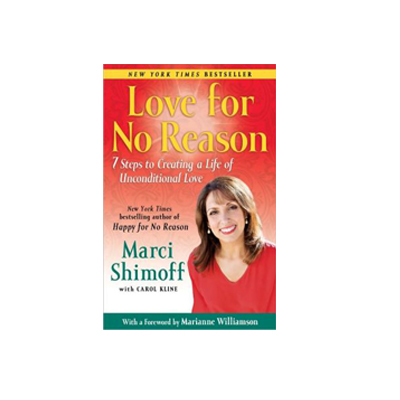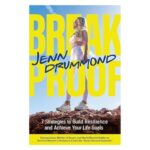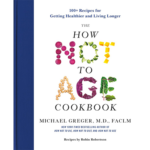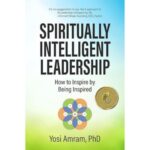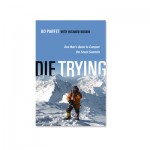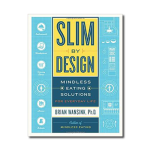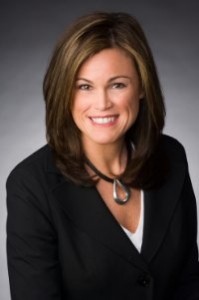 I personally have been working with author and coach Heidi Hanna PhD over the last three months. Her new book entitled “SHARP: Simple Strategies to Boost Your Brainpower” is a must read for all my listeners. If you have ever wondered what are some of the things that you could be doing to assist you in having more energy, improve your focus and mental clarity then Heidi new book is the place to start.
I personally have been working with author and coach Heidi Hanna PhD over the last three months. Her new book entitled “SHARP: Simple Strategies to Boost Your Brainpower” is a must read for all my listeners. If you have ever wondered what are some of the things that you could be doing to assist you in having more energy, improve your focus and mental clarity then Heidi new book is the place to start.
We are all leading very busy lives, with more stimulation coming at us from every direction..cell phones, emails, instant “ON” almost all the time. Do you ever wonder what all of this is doing to our brains? Are you beginning to forget or you memory doesn’t seem as SHARP. Heidi speaks about these problems and provides practical advice on dealing with these issues.
In her book “SHARP: Simple Strategies to Boost Your Brainpower” readers will: 1) Understand how the demands on your time and energy impact your mental capacity, and learn critical components of brain health that provide a foundation for improved cognitive functioning. 2) How to utilize the power of brain training to stimulate mental energy with exercises that improve learning in areas that have the most impact on performance. 3) How to create an actionable plan for implementing a sustainable brain health training program that can be applied to your everyday life.
Our constant state of busyness has created a chronic level of stress on our brain–so toxic, in fact that experts believe more than 75% of medical visits are stress related. Heidi states that honestly most of us are too busy to notice, and will not realize the devastating impact of stress on our lives until it takes a serious toll on our health, happiness and performance. Stress is literally making us sicker.
In Heidi’s new book “SHARP: Simple Strategies to Boost Your Brainpower” you will be guided and coached on the proper steps to take to reduce stress, eat healthier and techniques to improve your brains function. I don’t know about you but my brain is of utmost importance to the proper functioning of my job, and I believe that this is the case with almost all workers in society today. But just how often do you think about the fitness of your brain—you take it for granted don’t you? If you listen to, and read what Heidi has been teaching and coaching top executives for years you will really alter many of your current habits that are effecting the functioning of your brain.
If you would like more information about author Heidi Hanna and her new book please click here to be directed to her website. If you would like to watch a short introduction video, just click here to be directed to her book’s promotional video. Enjoy this wonderful interview with Heidi Hanna PhD author of “SHARP: Simple Strategies to Boost Your Brainpower“.
